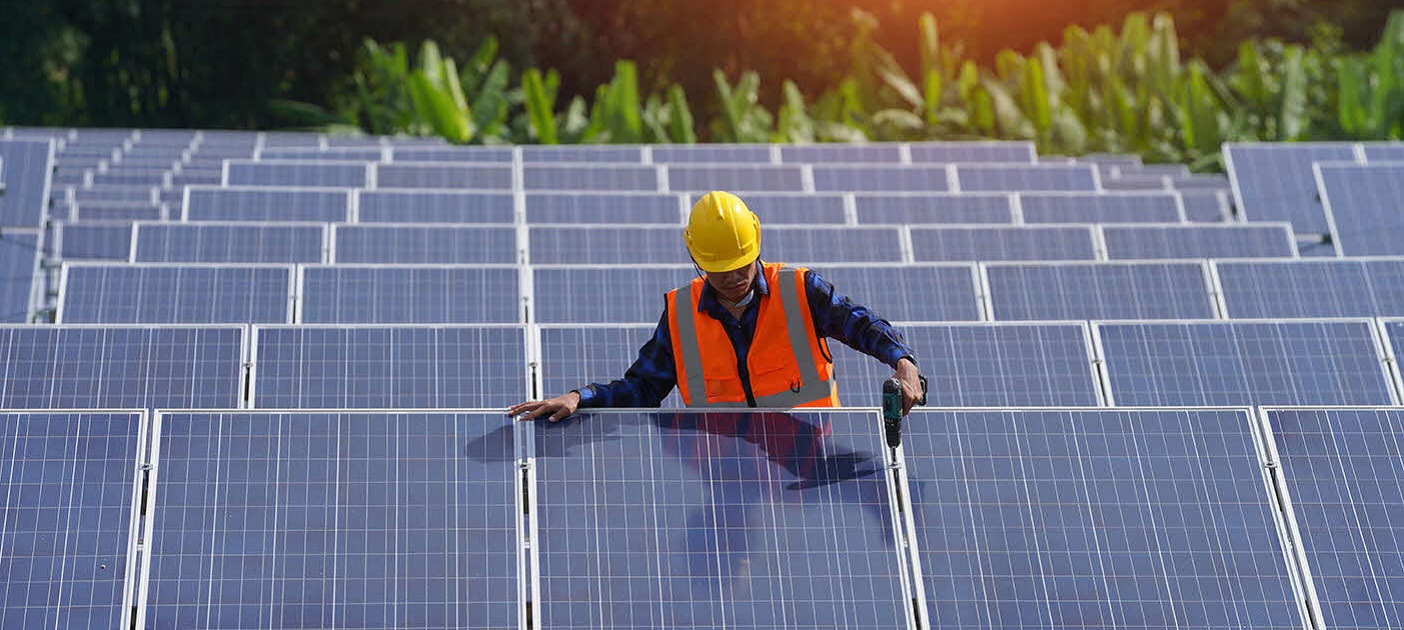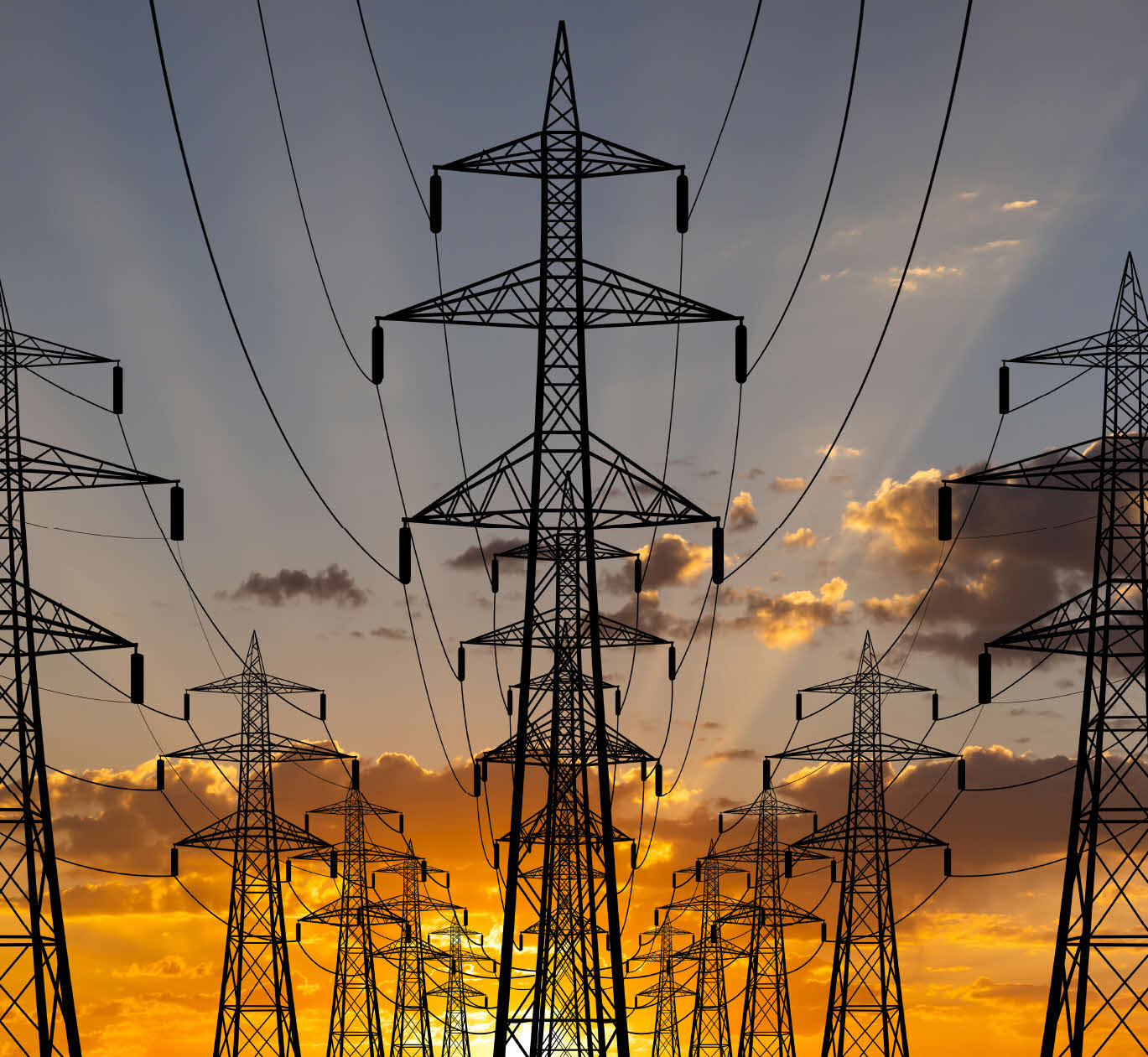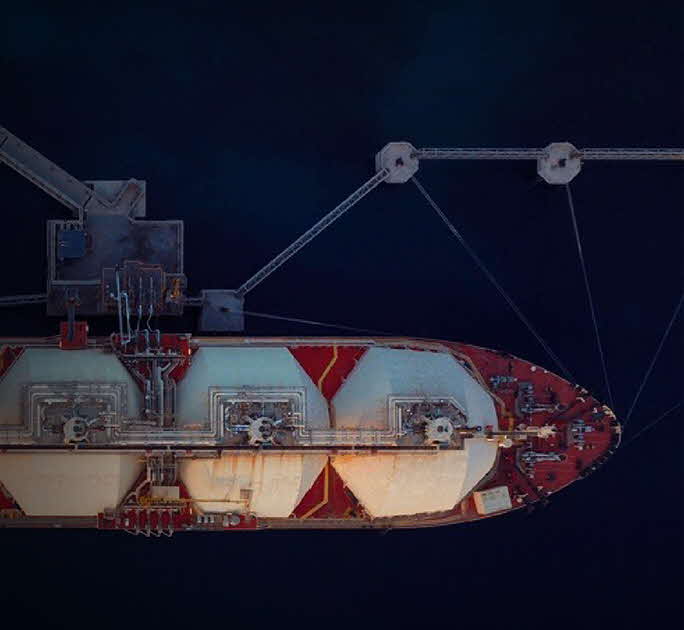Chinese firms turn to Project Finance for overseas ventures
In recent times, the Chinese government and state-controlled lenders have taken a more international approach in financing overseas infrastructure projects. The reduced bilateral lending for such projects means Chinese firms need to consider alternative options to corporate finance, most notably project finance – also known as limited recourse finance.

China’s overall outward direct investment continues to grow. In the first quarter of 2023, the investment stood at US$40.5 billion, representing a significant year-on-year increase of 18%[1]. Development and financing overseas infrastructure projects remain a significant part of its outward direct investment. Companies sponsoring these projects have typically been state-owned enterprises that can tap into government financing, or would usually seek corporate finance by providing a guarantee to the lending bank of the repayment of the debt.
In the last few years, Chinese sponsors have stepped up on project selection and risk management, as well as explored project financing. Particularly for projects with foreign joint venture partners where foreign partners might either be unwilling to provide guarantee of the debt or its guarantee is deemed unacceptable by lenders, limited recourse project financing becomes an alternative option.
For Chinese firms looking to fund overseas infrastructure projects today, this means a change in financing approach is necessary, said Li Xiangnan, Executive Director, Project Finance, DBS Bank.
As such, companies are turning to project finance, which has, in fact, long been widely used by foreign sponsors for infrastructure projects, to fund their overseas ventures, he noted.
Project finance as a more international approach
Project finance or limited recourse finance allows companies to keep liabilities off their books. Unlike corporate finance where creditors can demand repayment from any asset or revenue source of the organisation, project financing directs funds to an entity called a special project vehicle (SPV).
In the event of default on the loans secured to fund the project, lenders generally have recourse only to assets held by the SPV, rather than the parent company. This means the loss faced by the Chinese parent company is limited to the equity portion of the loan.
Such a limited recourse financing structure makes sense for companies that may prefer to embark on projects that are off the books so as not to add further obligation at the group level, especially with the Chinese SOEs starting to put more control on over gearing and not being allowed to provide guarantee above its shareholding proportion.
“Say the Chinese SOE is only holding a 70 per cent stake in the joint venture, they would only be allowed to provide 70 per cent of corporate funding. The remaining 30 per cent would need to come from the local partner, whose financials might not be strong enough for them to take on corporate finance,” said Li.
In addition, project finance is especially relevant in countries where there are precedent project finance transactions done by other sponsors and for projects with predictable cashflow.
There is a big upside: it makes the loans less risky for sponsors thanks to a rigorous due diligence process. “Banks will want to make sure material risks are identified and allocated properly before the loan disbursement, because they have limited recourse, ensuring that the project is viable,” added Li.
“It also helps the Chinese sponsors to ensure that the project is viable by itself. In addition, it paves the way for the Chinese parent company to sell the project later, given there is no corporate guarantee. This means new investors will not have to provide corporate guarantee either, which widens its pool of new investors.”
A bridge between Chinese investors and overseas projects
Project financing can be difficult to execute, which is why it is critical for companies to have a partner that understands the complexities of the project, as well as the landscape in which Chinese firms are operating.
One reason project finance has not been as well received is that the administrative process can be onerous. There is a lengthy due diligence process, coupled with an extensive list of conditions to fulfil before the first loan disbursement. These will cost both time and money.
“Chinese companies might not see the value in putting in all that time and resources to receive the funding, particularly when they are used to a shorter and less complicated process with corporate financings,” said Vincent Seah, Partner, DLA Piper. The law firm has advised DBS Bank on many of their financing of several overseas projects, including those with Chinese sponsors.
With a dedicated project finance team in China since 2017, DBS has a deep understanding of Chinese financial regulations, such as the ESG (environmental, social and governance) and sustainability requirements, and the intricacies of how local companies function. Leveraging its strong track record with international projects and complex deals, it is now also helping Chinese companies execute project finance for overseas infrastructure projects.
One example of how project financing was successful was the construction of a 50-megawatt solar farm located in Mymensingh, Bangladesh, in which DBS acted as Financial Adviser and Mandated Lead Arranger. At the time of completion in 2020, it was the third and largest solar independent power producer project in Bangladesh.
DBS provided Huadian HK, a fully-owned subsidiary of Huadian Group – a top-five power developer from China – with funding to complete the construction via equity and a shareholder loan. This financing was to fund Huadian Group’s first renewable project developed in Bangladesh, in which it has a majority stake, and its first renewable project with limited recourse financing.
By collaborating with clients from Bangladesh and China, DBS handled the complex process of undertaking a refinancing in Bangladesh, facilitated the Bangladesh government’s approval process and aligned them with Huadian HK’s internal process.
As also the first project financed renewable project of Sinosure, China’s Export Credit Agency, it reflects DBS’s ability to lead the financing process and structure market leading innovative solutions, said Li.
“Compared to the past where Chinese sponsors eschewed limited recourse project financings, we are certainly seeing more interest from these Chinese sponsors recently,” said Seah who advised DBS Bank on the financing of the landmark Mymensingh solar farm project in Bangladesh. “The benefits that limited recourse financing brings to Chinese sponsors are in the form of better group financial management and more resilient project risk management and allocation. These have certainly caught the attention of Chinese sponsors.”
Please visit DBS's Project Finance to learn more about our expertise in advising and arranging non/limited recourse financing.
[1] Ernst & Young, Overview of China outbound investment Q1 2023, 8 May 2023,
https://www.ey.com/en_cn/china-overseas-investment-network/overview-of-china-outbound-investment-of-q1-2023



